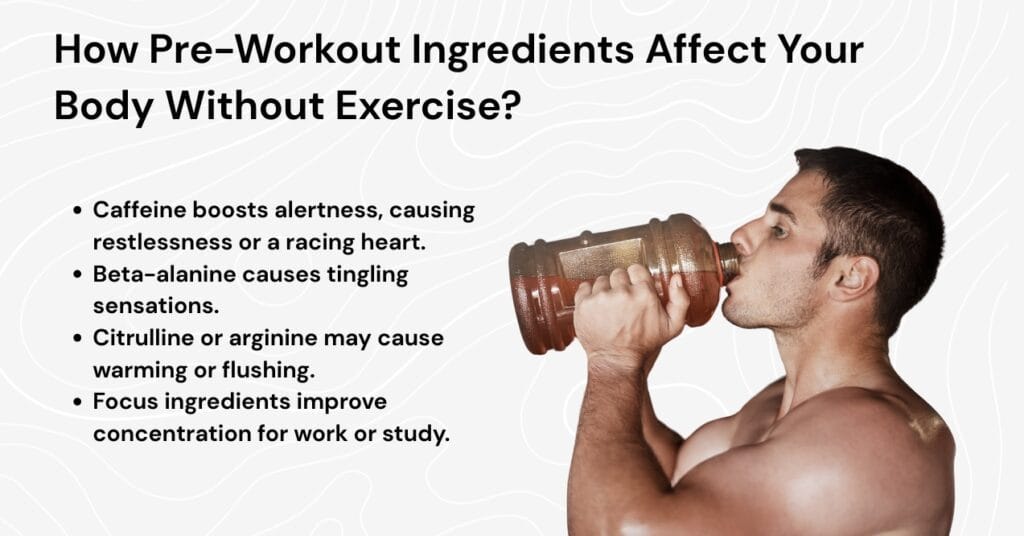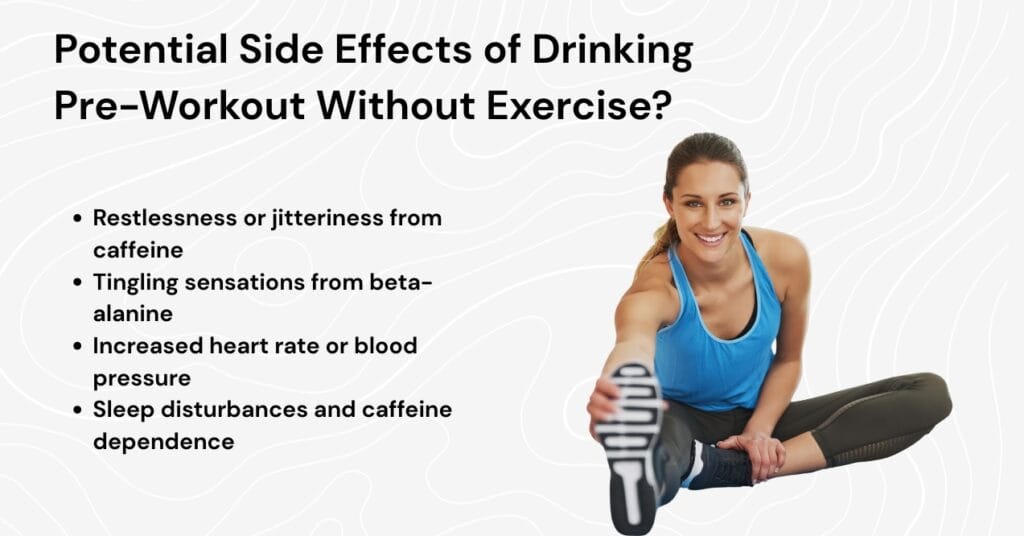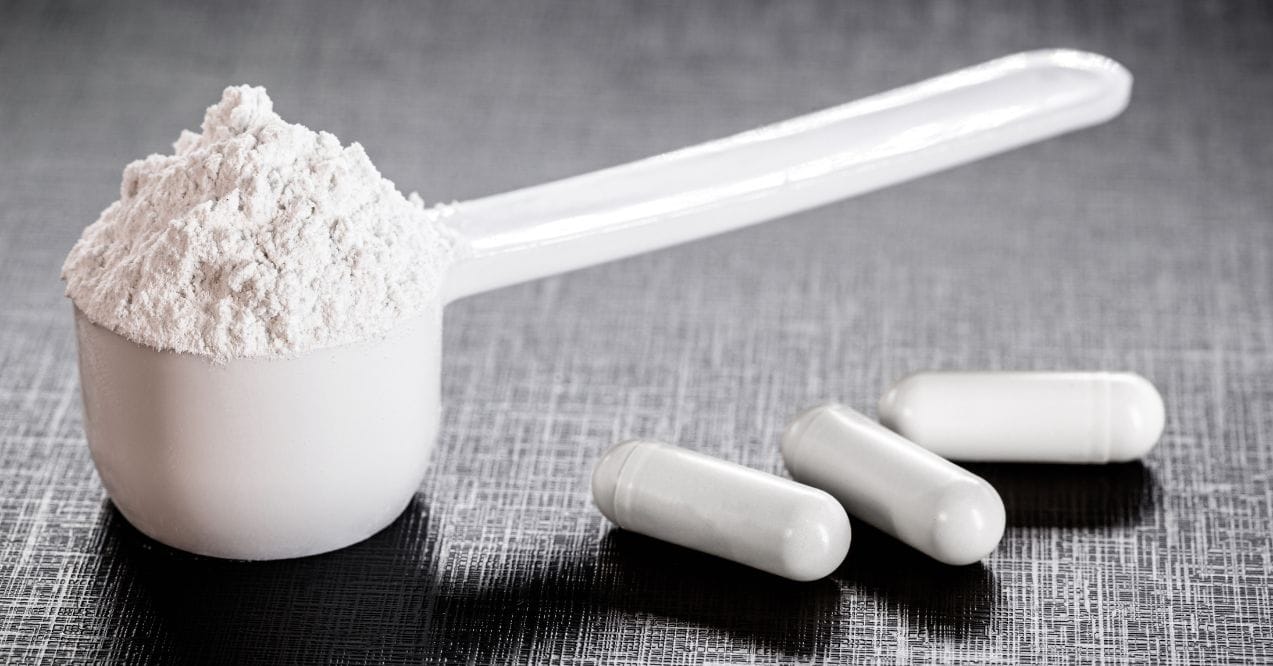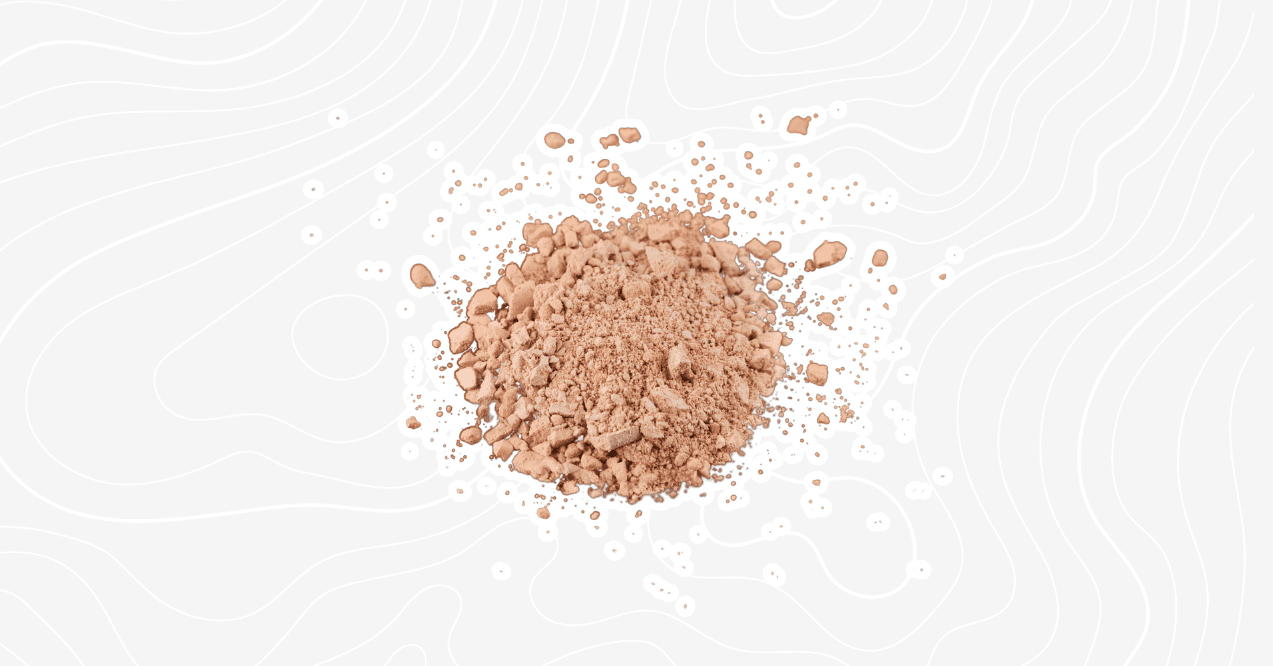Should You Use Pre Workout for Energy Without Working Out?
Pre-workout supplements have exploded in popularity within the fitness world, designed to give athletes and gym-goers an extra edge during their training sessions. These formulas typically contain ingredients like caffeine, amino acids, and other compounds aimed at increasing energy, focus, and blood flow during physical activity. But what about using these products outside of the gym context?
Should you use pre workout for energy without working out? It’s a question many people ask, especially those looking for an afternoon pick-me-up or mental focus boost for work or study sessions. This article dives into what pre-workout supplements actually do, the potential effects of taking them without exercise, and whether this practice is advisable for the average person seeking an energy boost.

Understanding Pre-Workout Supplements
Pre-workout supplements are specialized formulas created to maximize athletic performance and enhance exercise capacity. They typically come in powder form that you mix with water and consume 20-30 minutes before training. Most contain a combination of:
- Caffeine for energy and mental alertness
- Beta-alanine for muscular endurance
- Citrulline for improved blood flow
- B vitamins for energy metabolism
- Creatine for power output
The primary goal of these supplements is to delay fatigue, increase power output, and improve focus during physical training. When choosing a pre-workout, it’s essential to look beyond flashy marketing and examine the ingredient list. As our guide on what to look for in pre workout explains, quality supplements will include effective doses of key ingredients without excessive fillers or proprietary blends.
Power Up Your Day with Trumeta Pre-Workout
Trumeta Pre-Workout contains carefully calibrated levels of caffeine from natural sources, paired with L-theanine for focused energy without jitters. We’ve included effective doses of beta-alanine and citrulline to support performance, but at levels that won’t cause discomfort when you’re not exercising.
Check out Trumeta Pre-Workout to experience the difference of a thoughtfully formulated supplement designed to support both physical and mental performance.
Should You Use Pre Workout for Energy Without Working Out? All You Need to Know
Using pre-workout supplements solely for energy without exercising isn’t their intended purpose, but it happens frequently. The high caffeine content (often 150-300mg per serving) makes these products appealing as general energy boosters.
When considering pre-workout for non-exercise energy needs, several factors come into play:
- First, pre-workout effects typically peak after 30-45 minutes and may last 3-6 hours depending on the formula and your metabolism. This timing factor is important when planning your consumption, as detailed in our article on how long does pre workout last.
- Second, your tolerance to stimulants plays a major role. Regular caffeine consumers may find pre-workouts less impactful than someone who rarely consumes stimulants.
- Third, without the physical outlet of exercise, some of the physical effects of pre-workout may feel uncomfortable—jitters, tingling sensations, or restlessness might be more noticeable when sitting still versus during an intense workout.
For occasional energy needs, a pre-workout may provide the mental boost you’re seeking. However, for daily energy support, more balanced alternatives may be more appropriate for your body’s long-term health.
How Pre-Workout Ingredients Affect Your Body Without Exercise?

When you take pre-workout without exercising, your body processes the ingredients differently. The stimulants and other compounds designed to support physical exertion now affect your system without that outlet.
Caffeine still blocks adenosine receptors, potentially making you feel more alert and focused. However, without physical activity to burn through the extra energy, you might experience more pronounced effects like restlessness or a racing heart.
Beta-alanine, which causes the characteristic tingling sensation (paresthesia) described in our article about what does pre workout feel like, will still create this sensation whether you exercise or not.
Ingredients meant to increase blood flow and oxygen delivery to muscles, like citrulline or arginine, may cause a warming sensation or mild flushing without the demand from working muscles.
The mental focus components may still help with concentration for work or study tasks, which explains why some people find pre-workout useful for non-exercise situations requiring mental alertness.
Potential Side Effects of Drinking Pre-Workout Without Exercise?

Taking preworkout without working out may come with a unique set of challenges. These supplements are formulated specifically to support the body during intense physical activity. When that physical outlet is missing, the ingredients may affect your system differently.
The increased heart rate and blood flow that benefit exercise may feel uncomfortable when you’re sitting at a desk. The energy designed to fuel your workout might transform into restlessness or anxiety when not channeled into physical movement.
Common Short-Term Side Effects
Without exercise as an outlet, you may notice more pronounced immediate reactions to pre-workout supplements:
- Jitteriness or restlessness due to caffeine
- Tingling sensations from beta-alanine that may feel distracting
- Digestive discomfort from certain ingredients
- Increased heart rate or blood pressure
- Difficulty focusing due to excess physical energy
These effects vary widely based on your sensitivity to stimulants and the specific formula you’ve chosen.
Risks of Overconsumption of Ingredients
Pre-workout supplements often contain high amounts of active ingredients that may pose risks when consumed regularly without exercise:
- Caffeine levels approaching 300mg per serving may contribute to sleep disturbances
- Beta-alanine at full doses may cause uncomfortable tingling
- Niacin may trigger temporary flushing or skin reactions
- Creatine without exercise stimulus may not be utilized effectively
Using these supplements daily without the physical demand of exercise may expose your body to ingredients it doesn’t need in those quantities.
Long-Term Effects and Dependency
Regular consumption of stimulant-heavy pre-workouts without exercise may lead to:
- Increased caffeine tolerance, requiring more for the same effect
- Potential dependency on stimulants for normal energy levels
- Possible cardiovascular adaptations from chronic stimulant use
- Disrupted natural energy cycles and sleep patterns
What happens if you take pre workout without working out long-term hasn’t been extensively studied, but the stimulant content suggests moderation is wise.
Alternative Uses for Pre-Workout Supplements
While not ideal for daily use, pre-workout supplements may have occasional practical applications beyond the gym:
For mental focus during intensive work projects, a half-dose may provide a temporary concentration boost. Before important presentations or meetings where alertness is critical, a small amount might help combat fatigue.
During long road trips, a measured dose could increase alertness, though less than energy drinks typically contain. For shift workers adjusting to night schedules, the energy components may temporarily assist with adjustment.
If considering these alternative uses, try these modifications:
- Use half the recommended dose initially
- Time consumption carefully based on when focus is needed
- Avoid late afternoon or evening use to prevent sleep disruption
- Choose formulas with moderate caffeine levels
- Consider stim-free alternatives that focus on mental clarity rather than physical energy
A better long-term strategy might involve developing sustainable energy habits through sleep hygiene, nutrition, and stress management.
Why Should You Be Cautious About Taking Pre-Workout Without Working Out?
Using pre-workout supplements without exercise requires careful consideration. These products contain potent ingredients in combinations specifically designed for physical activity.
Your tolerance to stimulants plays a key role in how these supplements affect you. Some people may experience minimal side effects, while others might feel overwhelming jitters from the same dose. Without the outlet of exercise, these effects may feel more intense or uncomfortable.
Is it bad to take pre workout everyday without exercise? The research isn’t definitive, but regular consumption of high-stimulant products without physical activity may disrupt your body’s natural energy regulation. Your cardiovascular system processes these stimulants whether you exercise or not, potentially putting unnecessary strain on your heart and nervous system.
Additionally, building a stimulant tolerance may diminish the effectiveness of pre-workout when you actually need it for exercise, defeating its primary purpose.
Why You Should Consult with a Healthcare Professional
Before using pre-workout supplements for non-exercise purposes, speaking with a healthcare professional is advisable. This is particularly important if you:
- Have pre-existing health conditions, especially cardiovascular issues
- Take medications that might interact with stimulants
- Have a history of sensitivity to caffeine or other stimulants
- Are pregnant or nursing
- Have anxiety or sleep disorders
A healthcare provider can offer personalized guidance based on your specific health profile and needs. They may suggest more appropriate alternatives for energy support or help you determine a safe approach if you do choose to use pre-workout occasionally.
Remember that what works well for one person may not be suitable for another, making individualized advice valuable when considering any supplement regimen.
Conclusion
The question of should you use pre workout for energy without working out doesn’t have a simple yes-or-no answer. While these supplements can provide an energy boost outside of exercise contexts, they’re formulated specifically to support physical activity.
Occasional use for mental focus or energy in non-exercise situations may be appropriate for some individuals, particularly when using reduced doses. However, regular consumption without physical activity may lead to tolerance, dependency, and unnecessary exposure to high doses of certain ingredients.
If you’re seeking daily energy support, more balanced alternatives like proper sleep, nutrition, moderate caffeine consumption, and stress management likely offer healthier long-term solutions. Pre-workout supplements should generally remain true to their name—preparations for physical training rather than everyday energy boosters.
For those who do choose to use pre-workout occasionally for non-exercise energy needs, moderation, reduced dosing, and attention to timing can help minimize potential downsides while still providing temporary energy and focus benefits.
Daily pre-workout use may lead to stimulant tolerance, requiring larger doses over time. It might stress your cardiovascular system and disrupt natural energy cycles. Consider lower-stimulant options or cycling off periodically.
Possible but not ideal. Pre-workouts contain higher doses of active ingredients than typical energy drinks. If using occasionally, choose formulas with moderate caffeine and use reduced doses.
You’ll feel stimulant effects without the physical outlet. Energy may become restlessness, blood-flow ingredients might cause flushing, and tingling sensations often feel more noticeable when sitting still.
Advertisement. This site offers health, wellness, fitness and nutritional information and is designed for educational purposes only. You should not rely on this information as a substitute for, nor does it replace, professional medical advice, diagnosis, or treatment. If you have any concerns or questions about your health, you should always consult with a physician or other health-care professional. Do not disregard, avoid or delay obtaining medical or health related advice from your health-care professional because of something you may have read on this site. The use of any information provided on this site is solely at your own risk.







